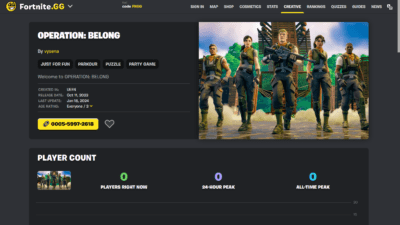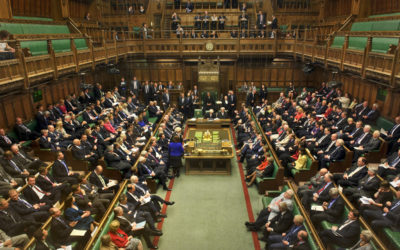Armed forces not required to offer soldiers aged 16-17 the same standard of education that is required in civilian life
Child Soldiers International
Compulsory education for 16-17s: research reveals that the armed forces are not required to give child soldiers the same minimum standard as civilian institutions. The minimum attainment requirement of the Army (which has the vast majority of children in the armed forces) is shown to be very low.
‘[The] response from the Department for Education to a request for information under the Freedom of Information Act shows that the armed forces are exempt from legislation governing the continuing participation of young people in education. From 2015, the Education and Skills Act commits civilians aged 16 and 17 in full-time employment to study for 280 Guided Learning Hours per year towards accredited qualifications. The effect of the armed forces’ exemption is that they are not bound by any legal minimum standard, so are not required to offer young soldiers the same standard of education that is required in civilian life.
This is despite frequent claims by the army, navy and air force that their educational provision is of benefit to young people.
In fact, the army’s youngest trainees, aged 16, are offered only low-grade Functional Skills in English, maths and ICT. This type of qualification has been strongly criticised by education experts, is not designed to be stand-alone qualifications, is not at all comparable with GCSEs in the same subjects, and is rarely recognised by employers. In theory, army trainees could take or re-take GCSEs later on, but this would be on their own initiative, subject to the demands of military life, and in any case is rarely done.
The army’s youngest trainees are sent to train at the Army Foundation College. Despite its name, it is an army training camp. It is not comparable to a civilian college, where a much broader range of subjects at a wider range of levels would be offered. The minimum output standard for Phase 1 trainees at the Army Foundation College is Entry Level 3 in literacy and numeracy, equivalent to a reading age of 9-11 [Phase 1 training typically lasts a year, or six months for technical roles].
The response from the Department for Education provides strong evidence that young people joining the army are being severely short-changed in their education when compared with civilians of the same age..
It states that the armed forces provide ‘relevant training’ that meet the purposes of the Act, but also admits that no assessment of that training was carried out before the exemption was granted.
The exemption was granted in 2013, whereas the Act itself passed into law in 2008, which suggests that the original intention of the Act was to include armed forces trainees.
See more: legislation & policy, recruitment age, risks, education of recruits










